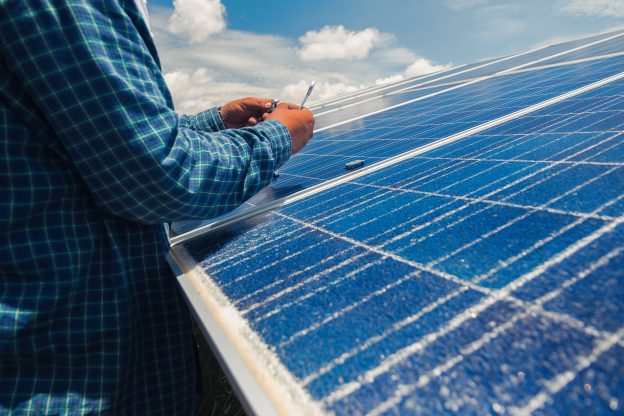The final outcomes of the U.S. anti-circumvention investigation have aligned as anticipated. Alongside New East, which has been identified as engaging in anti-circumvention practices, the findings for other companies closely mirror the initial investigation results. Importantly, these findings have no bearing on the regular operations of Chinese PV enterprises. To begin with, there will be no inquiry into the tariffs imposed on cell modules exported between June 6th, 2022 and August 18th, 2023. Regarding exports from August 18th, 2023 to June 5th, 2024, anti-circumvention tariffs will not be applied, regardless of whether these exports are deemed to involve circumvention practices or not.
Simultaneously, starting from June 5th, 2024, prominent Chinese PV firms have the option to employ overseas polysilicon or manufacture wafers abroad to sidestep the imposition of associated tariffs. Moreover, if a minimum of four out of the six auxiliary materials utilized in module production are sourced from overseas, companies can also evade these applicable tariffs. Currently, China’s foremost photovoltaic enterprises largely fulfill these specified criteria. As a result, their routine operations and production processes remain unaffected.
Photovoltaic Industry Supply Chain: Looking at the supply side, the stock of polysilicon and wafers has sustained a downward trend, resulting in a surge in prices. Meanwhile, on the demand side, module production is grappling with substantial cost pressures, prompting manufacturers to contemplate scaling back production capacity. Nevertheless, there has been a recent shift towards positive domestic demand. Projections indicate that come September, there will be a marked improvement in domestic demand for ground-based power stations, and this upward trajectory is expected to persist throughout the entire year, ushering in a continued period of robust demand.







